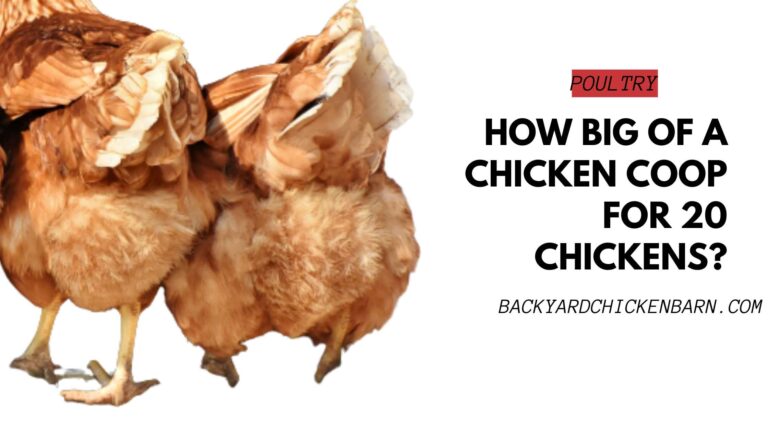Can Chickens Eat Honeydew Seeds?
Yes, chickens can eat honeydew seeds, but with caution. Honeydew melon seeds are generally safe for chickens to consume in small quantities. However, it’s important to ensure that the seeds are clean and not moldy, and to offer them in moderation as part of a balanced diet.
Nutritional Benefits of Honeydew Seeds for Chickens
Honeydew seeds contain several beneficial nutrients:
- Protein: Seeds are a good source of protein, which is essential for growth and egg production.
- Healthy Fats: Contain healthy fats that provide energy.
- Vitamins and Minerals: Include small amounts of vitamins and minerals that contribute to overall health.
Nutritional Summary of Honeydew Seeds
| Component | Amount | Benefits |
|---|---|---|
| Protein | Moderate | Supports growth and egg production |
| Healthy Fats | Moderate | Provides energy |
| Vitamins | Small amounts | Contributes to overall health |
| Minerals | Small amounts | Supports various bodily functions |
How to Feed Honeydew Seeds to Chickens
To safely incorporate honeydew seeds into your chickens’ diet, follow these guidelines:
Preparation
- Clean Thoroughly: Ensure the seeds are clean and free from any mold or contaminants.
- Dry: Let the seeds dry if they are wet or sticky from the fruit.
- Crush (Optional): Crushing the seeds can make them easier for chickens to eat and digest, especially for younger or smaller birds.
Feeding
- Moderation: Offer honeydew seeds as an occasional treat, not as a primary food source. Treats should not exceed 10% of their overall diet.
- Mix with Other Foods: Combine the seeds with other grains, seeds, and vegetables to provide a balanced diet.
- Observation: Monitor your chickens to ensure they are consuming the seeds without any issues.
Potential Risks
While honeydew seeds are generally safe, there are a few potential risks to be aware of:
- Choking Hazard: Ensure the seeds are small enough to prevent choking, especially for smaller chickens.
- Digestive Issues: Overfeeding seeds can lead to digestive upset due to their fat content.
- Mold: Ensure the seeds are free from mold, which can be toxic to chickens.
Safe Alternatives and Supplements
To provide a varied and balanced diet, consider incorporating other safe and nutritious seeds and treats:
Safe and Nutritious Seeds for Chickens
- Sunflower Seeds: High in protein and healthy fats, but should be given in moderation due to their fat content.
- Pumpkin Seeds: Nutrient-dense and can help with parasite control.
- Flaxseeds: High in omega-3 fatty acids, which are beneficial for overall health.
Table: Comparison of Safe Seeds for Chickens
| Seed | Key Nutrients | Benefits |
|---|---|---|
| Honeydew Seeds | Protein, Healthy Fats | Provides energy and supports growth |
| Sunflower Seeds | Protein, Healthy Fats | High in protein, supports feather health |
| Pumpkin Seeds | Protein, Fiber, Zinc | Nutrient-dense, supports immune function |
| Flaxseeds | Omega-3, Fiber | Supports overall health, anti-inflammatory |
Expert Tips for Feeding Seeds to Chickens
- Clean and Fresh: Always provide clean, fresh seeds to prevent spoilage and contamination.
- Variety: Offer a variety of seeds and other treats to ensure a balanced intake of nutrients.
- Moderation: Treat seeds as occasional supplements to their main diet, not primary food sources.
- Observation: Regularly observe your chickens for any signs of digestive issues or adverse reactions when introducing new foods.
Conclusion
Honeydew seeds can be a safe and nutritious treat for chickens when offered in moderation. Ensure the seeds are clean and free from mold, and incorporate them as part of a balanced diet alongside other safe seeds and nutritious treats. Monitor your flock for any adverse reactions to ensure their health and well-being.
If you have any further questions about feeding honeydew seeds or other foods to your chickens, feel free to ask!


